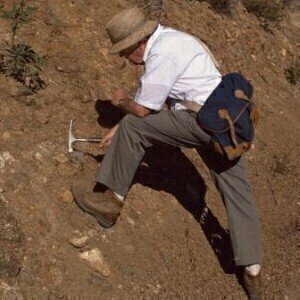Electrophoretic separations
Aussie scientists borrow geological technology to map trace elements in the body
Aug 07 2012
Aussie scientists have borrowed geological technology to map metals and trace elements in the body.
The collaborative research has been conducted between the University of Technology, Sydney (UTS) and Agilent Technologies, a measurement company with a focus on life sciences and chemical analysis.
Borrowed from geological analysis, the team is looking to develop a medical scanning technique which can map metal and trace elements in the body. It is hoped that the new map will give insights into the role that metals play in disease, which is a much understudied field.
Firstly, the researchers will look to build an elemental atlas of a mouse brain to gain insights into the role that metals play in degenerative neurological disorders such as Parkinson’s and Alzheimer’s disease.
Professor Phil Doble of UTS explained: "What we can do is image the metal distribution and see what happens to, say, iron, copper, zinc, manganese and other elements."
They will be carrying out a separate project looking at trace elements in the body using inductively coupled mass spectrometry. This will detect whether changes to normal trace elements levels could signal the presence of diseases, including a range of cancers.
"Certain diseases cause disequilibrium in these trace elements, so gaining a better understanding of how trace elements behave and react could set the scene for the development of some really sophisticated diagnostic tools," Professor Doble said.
The mass spectrometry instruments were originally created for geological research, however, Professor Doble noticed the potential for healthcare applications and, working with the measurement company, the team could successfully reconfigure the equipment to create a novel technology.
According to the Alzheimer's society, there are currently 800,000 people with dementia in the UK. There are over 17,000 younger people with dementia in the country, and it is projected that there will be over a million people with dementia by 2021.
Posted by Neil Clark
Events
Jan 20 2025 Amsterdam, Netherlands
Feb 03 2025 Dubai, UAE
Feb 05 2025 Guangzhou, China
Mar 01 2025 Boston, MA, USA
Mar 04 2025 Berlin, Germany














